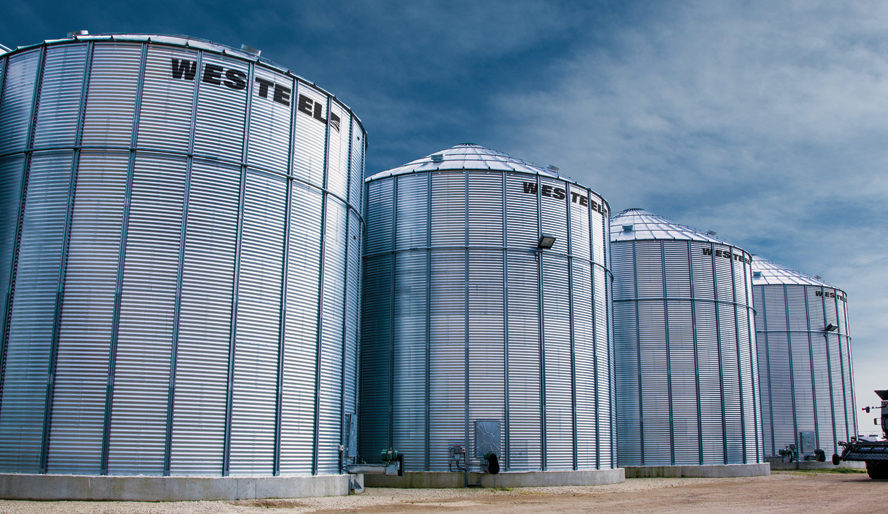Adjusted EBITDA reached C$39 million, up from C$25.6 million in the same period a year ago.
Consolidated adjusted EBITDA margins of 15.3% were up from 11.2% year-over-year with product and segment mix, total sales volume, slightly reduced SG&A from lower travel and related expenses, as well as continued progress on capturing operational efficiencies all contributing to the increase. Exiting the quarter, consolidated backlogs continued to remain strong, up 40% year-over-year, with broad-based strength across all segments and geographies.
“I am proud of the team and our strong first-quarter results,” said Tim Close, president and chief executive officer of AGI. “Our efforts to invest in new geographies and business lines over the last few years is paying off with a much more diversified and resilient business model. Strong backlogs across AGI provide solid visibility for sales growth across many of our platforms and geographies in 2021.
Supply chain constraints, particularly steel cost and availability, will create some margin pressure over the remainder of the year but this will be mitigated by disciplined activity in pricing and cost management.”
Commercial segment trade sales and adjusted EBTIDA for the quarter grew 8% and 66% year-over-year, respectively, with strength in the US, EMEA, and Asia Pacific markets offsetting ongoing softness in the Canadian market as well as South America.
In the United States, AGI said it is seeing the resumption of more normalized customer behavior as pandemic-related delays have begun to wane. This contrasts with the Canadian Commercial segment where some customers continue to hold-off on projects due to COVID-related uncertainties. The Food Platform continues to be a strong contributor with sales up 30% year-over-year and notable strength in the US market, up 72%.
Commercial Platform and Food Platform backlogs as of March 31 were up 16% and 18%, respectively, over prior year.






